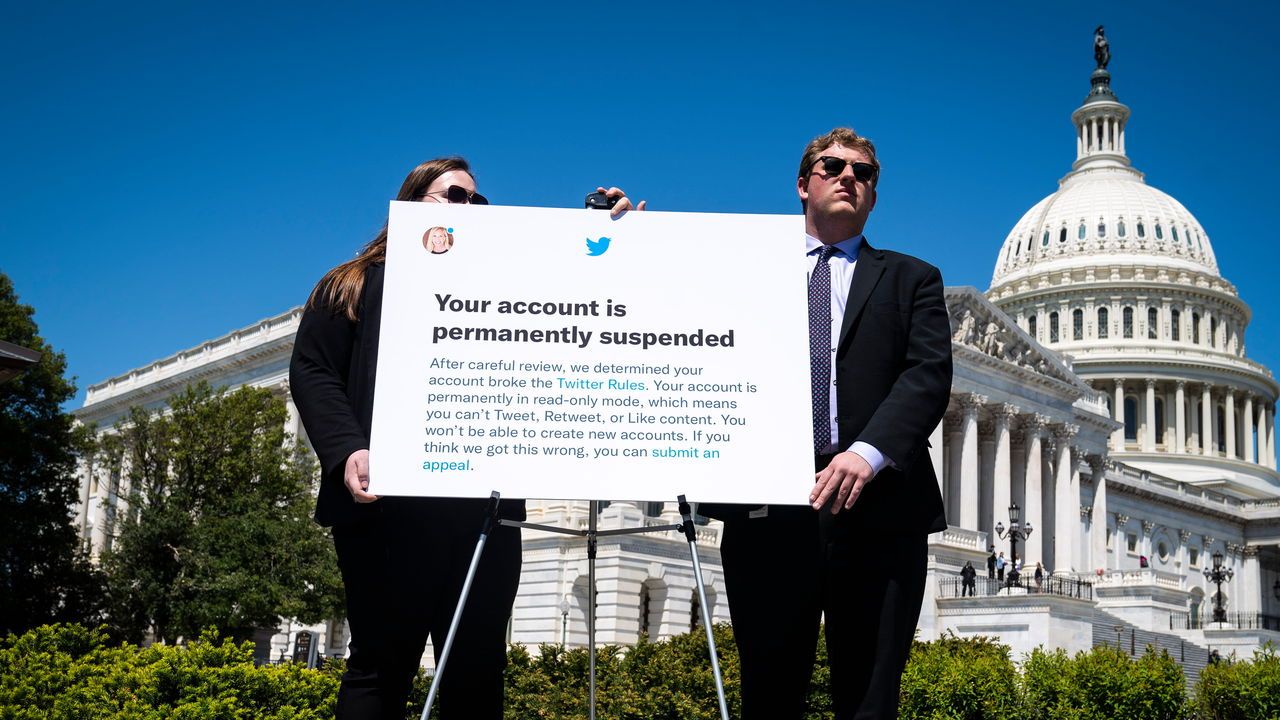- by
- 01 30, 2025
-

-
-
Loading

Loading


BACK WHEN X was still Twitter, Ron DeSantis, Florida’s governor, was no fan of the social-media company. In May 2021 he heralded his signing of Senate Bill 7072 as a strike against censorship. Residents of Cuba and Venezuela may be victimised by “tyrannical behaviour”, he said, but Floridians will now be “guaranteed protection against the Silicon Valley elites”. By “taking back the virtual public square”, the state’s lieutenant-governor, Jeanette Nuñez, added, the law will rescue discourse from a “radical leftist narrative”.In May 2023, with Twitter rebranded and in Elon Musk’s hands, Mr DeSantis opted to launch his ill-fated presidential campaign on the site, and X’s content moderation has been overhauled. But Senate Bill 7072 remains on the books, along with a similar law, House Bill 20, enacted in Texas in September 2021. Challenges to both laws—based on the free-speech guarantee of the First Amendment—come to the Supreme Court on February 26th.